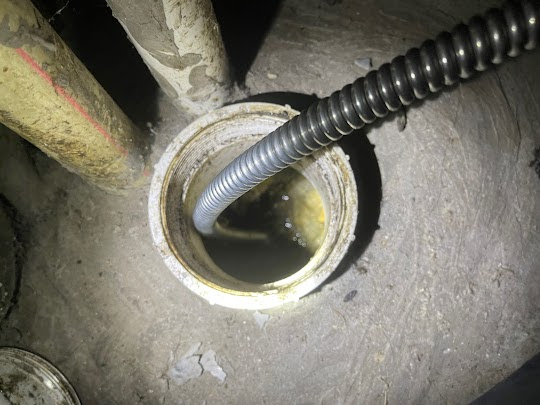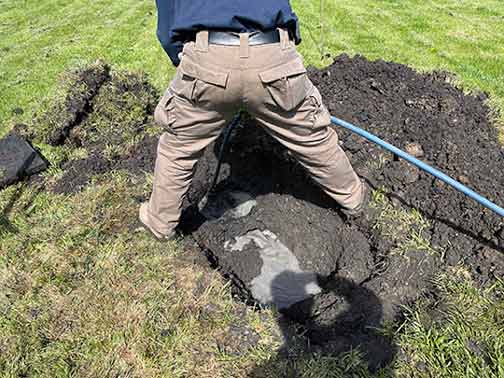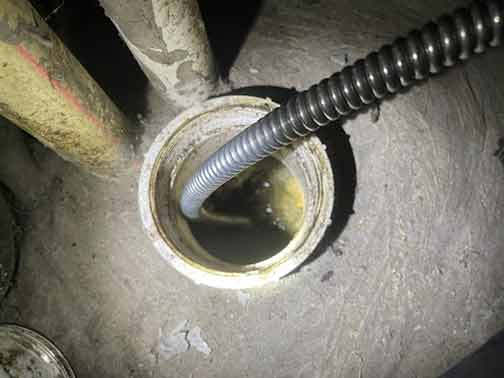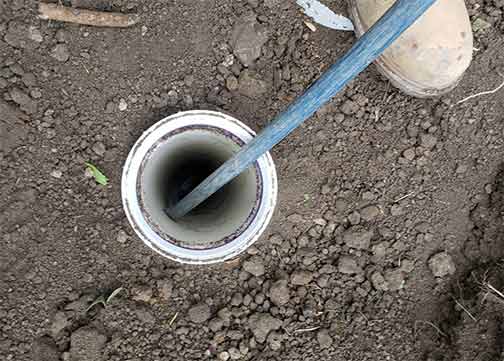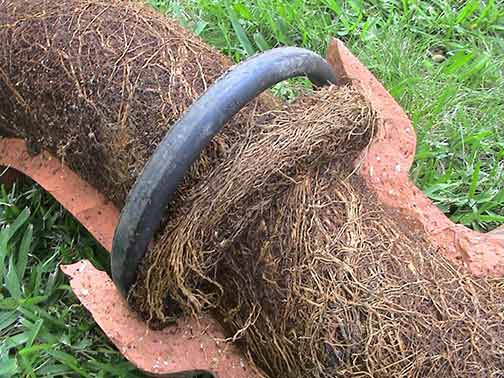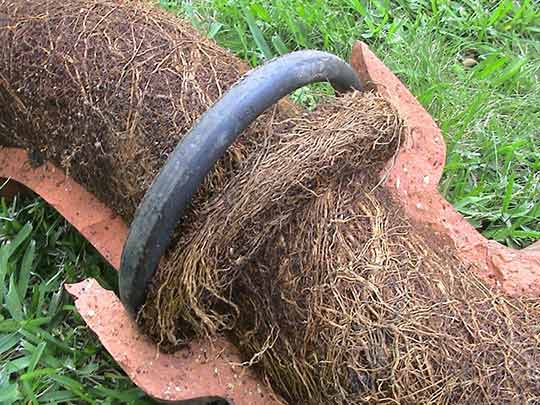
Sewer main line blockages can be one of the most frustrating problems a homeowner can face. They can cause significant damage to the property, and if left unaddressed, they can lead to costly repairs. It’s essential to understand what sewer main line blockages are, what causes them, and how to prevent them.
What are Sewer Main Line Blockages?
Sewer line blockages occur when something obstructs the flow of sewage through the main sewer line that transfers the wastewater from your home to a treatment plant or septic system. The sewer main line is typically buried deep underground and is responsible for transporting all the sewage from your home to the treatment plant.
A blockage in the main sewer line can cause sewage backups into your home, resulting in costly damage. If left untreated, it can also cause damage to the main line, leading to expensive sewer line repairs.
What Causes Sewer Main Line Blockages?
There are various reasons for sewer line blockages. One of the most common causes of blockages is the accumulation of material within the pipes. This accumulation can result from grease, oil, food waste, and other materials that shouldn’t be disposed of down the drain.
Other common causes of sewer line blockages include:
- Tree root infiltration: Roots can grow deep into the sewer main line, causing cracks and blockages.
- Foreign objects: Foreign objects, such as feminine hygiene products, paper towels, and children’s toys, can cause blockages that are difficult to clear.
- Age: Over time, the sewer main line can deteriorate and develop cracks or other structural issues that can result in blockages.
- Weather conditions: Extreme weather conditions, such as heavy rain or snow, can cause blockages due to excess water or debris.
How to Prevent Sewer Main Line Blockages
Preventing sewer main line blockages is essential to avoid costly damage and repairs. Here are some tips to help prevent blockages:
Dispose of Waste Properly
One of the simplest yet most effective ways to prevent sewer line blockages is to dispose of waste properly. Avoid flushing any foreign objects, such as cotton balls, paper towels, and feminine hygiene products, down the toilet. Also, avoid pouring grease, oil, or food waste down the drain.
Instead, dispose of these materials in the trash or compost bin. Installing a mesh filter over your kitchen sink drain can also help prevent food waste from entering the pipes.
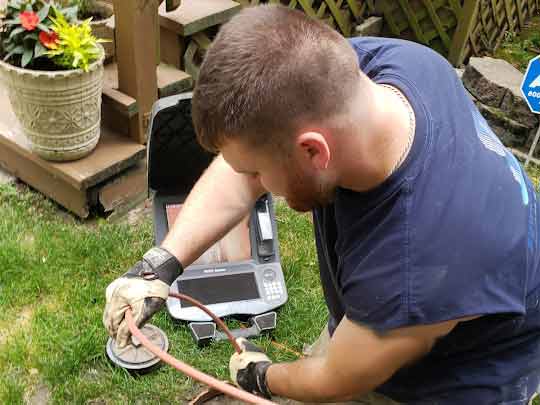
Regular inspections can also identify potential problems before they become blockages.
Regular Maintenance and Inspection
Regular maintenance and a camera inspection of your sewer main line can help prevent blockages. Maintaining your sewer system can involve simple tasks such as pouring hot water down the drain to melt any grease buildup. Regular inspections can also identify potential problems before they become blockages.
Avoid Planting Trees Near the Sewer Line
Planting trees near the sewer main line can cause significant damage. Roots can grow deep into the sewer line, causing cracks and other structural issues. This infiltration can result in blockages and require expensive repairs. Avoid planting trees near your sewer line to help prevent blockages.
Install a Backflow Prevention Valve
Installing a backflow prevention valve can help prevent sewer main line stoppage. This valve can prevent sewage backups from entering your home if the main line becomes blocked.
Professional Drain Cleaning
Professional drain cleaning can be an effective way to prevent sewer blockages. A professional drain cleaning company can remove any buildup from your sewer line, preventing blockages by way of a high-powered hydro jetting service.
Wrapping It Up
Sewer line blockages can be costly, frustrating, and damaging to your home. It’s essential to understand what causes blockages and how to prevent them from occurring. Proper waste disposal, regular maintenance and inspection, avoiding planting trees near the sewer line, installing a backflow prevention valve, and professional sewer line cleaning services can all help prevent sewer main line clogs. By taking these measures, you can avoid costly repairs and keep your sewer system functioning correctly.
